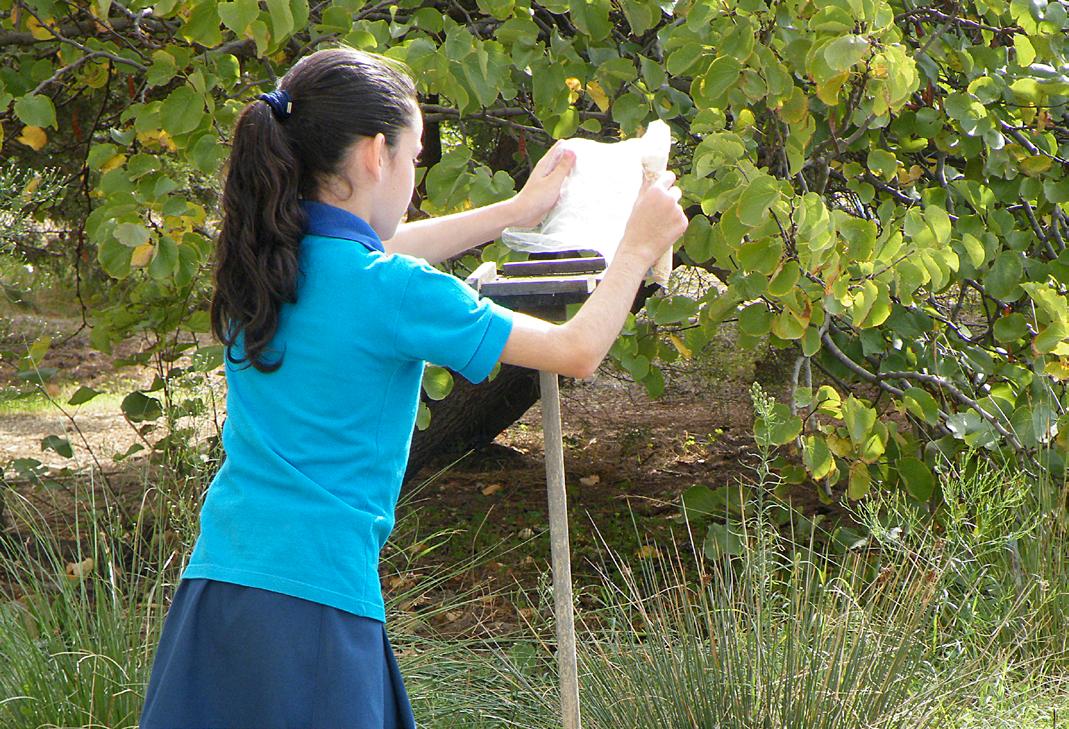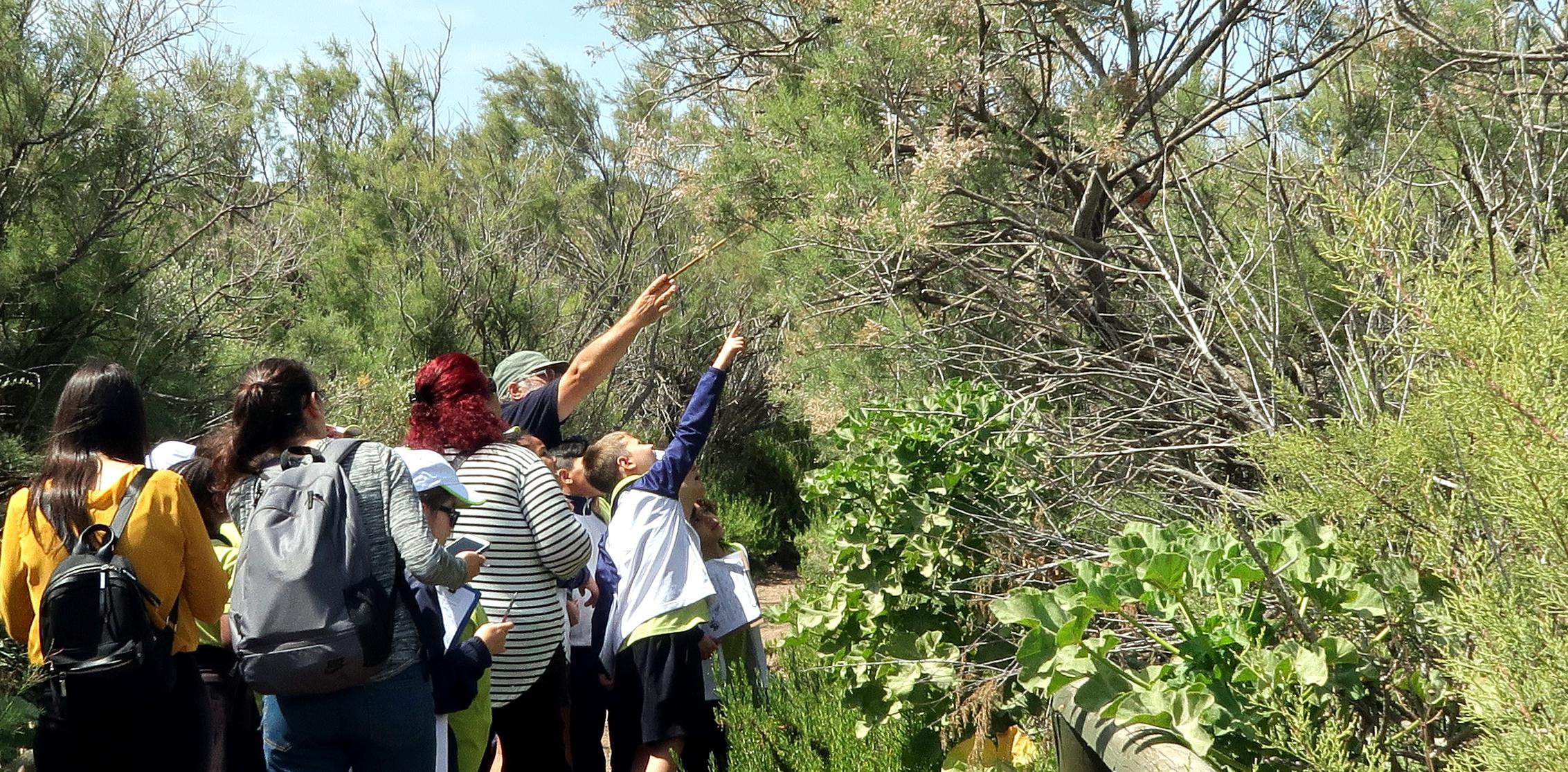
4 minute read
Moving with the times
Desirée Falzon Moving with the times
A new Action Guide for Dinja Waħda
Advertisement
Thirty-odd years ago children found it amusing to lay traps for Robins in a special cage known as a trabokk which contained a live decoy. On hearing the caged Robin calling within its territory, a free Robin would fly towards the ‘intruder’ with the intention of chasing it off... and get itself trapped as it stepped onto the cage’s trigger. BirdLife’s education unit targeted this cruel practice through a schools-wide campaign that involved Robin stickers, leaflets, and a poignant slogan appealing for Robins to be left free. Ten years of sustained campaigning in schools practically wiped out the Robin trapping habit. The children of the 1980s are now adults who know how to simply enjoy the privilege of hearing a free Robin sing.
The success of the Robin campaign taught the education unit how to reach children, and crucially, their teachers. A whole action guide of activities was born in 1994, targeting a variety of plants and animals and aiming to show children the other side of the coin: how to enjoy our nature without catching it, killing it, or destroying its habitat. The action guide was called One World and it went into every classroom in our primary schools. The next edition changed the name into Maltese, and since then Dinja Waħda has become a household name among schools. By 2010 we had produced 11 editions of the action guide, sharing nature appreciation and supporting it with paper and online resources for teachers.
Times change
Six years ago we evaluated our Dinja Waħda Action Guides to see how effective our current approach was. The popularity of our programme remained high, with plus or minus 80% of primary schools taking part, but something was missing. Research led us to realise that today’s children need much more than classroom material extolling the beauty of our plants, animals and habitats. Today’s children live indoors and have no experience of the creatures or plant life we lovingly illustrate in our action guides. This process spawned a new action guide, tailor-made for 21st century children living urban lifestyles very disconnected from nature.
The COVID-19 lockdown period meant that we could not switch to the new guide within a short time, since teachers already had a lot of new things to deal with. Nonetheless, training and trialling have been ongoing for the past two years and next scholastic year should see the phasing out of the old action guide. The new guide, for now being called Dinja Waħda+ to distinguish it from the previous edition, has moved online in sync with today’s classroom processes, making Dinja Waħda+ modern and environment-friendly.
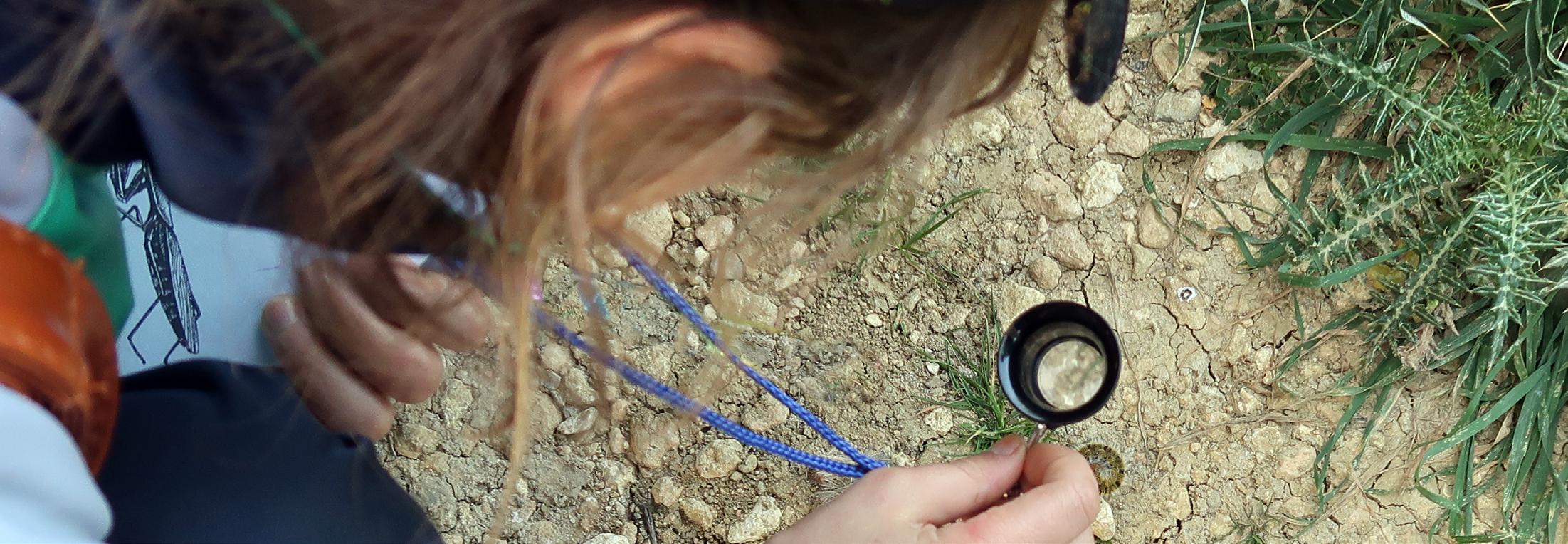
Children creating art with seeds
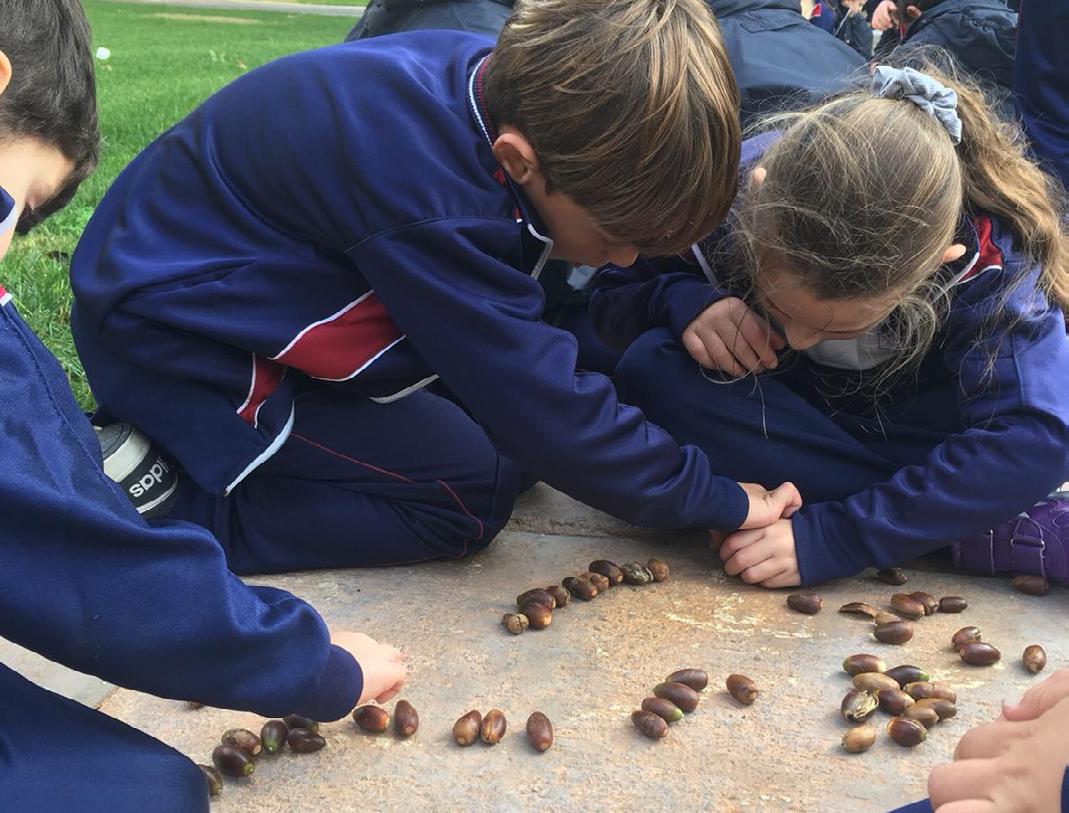
What we did...
The biggest change we made was to take children out of the classroom regularly. The majority of activities now have a part to be carried out in the school grounds or in nature outside the school. In this way, BirdLife is supporting the growing worldwide movement to connect children with nature. Since our school grounds are mostly concrete-dominated spaces, many Dinja Waħda+ outdoors activities focus on making school grounds better nature homes.
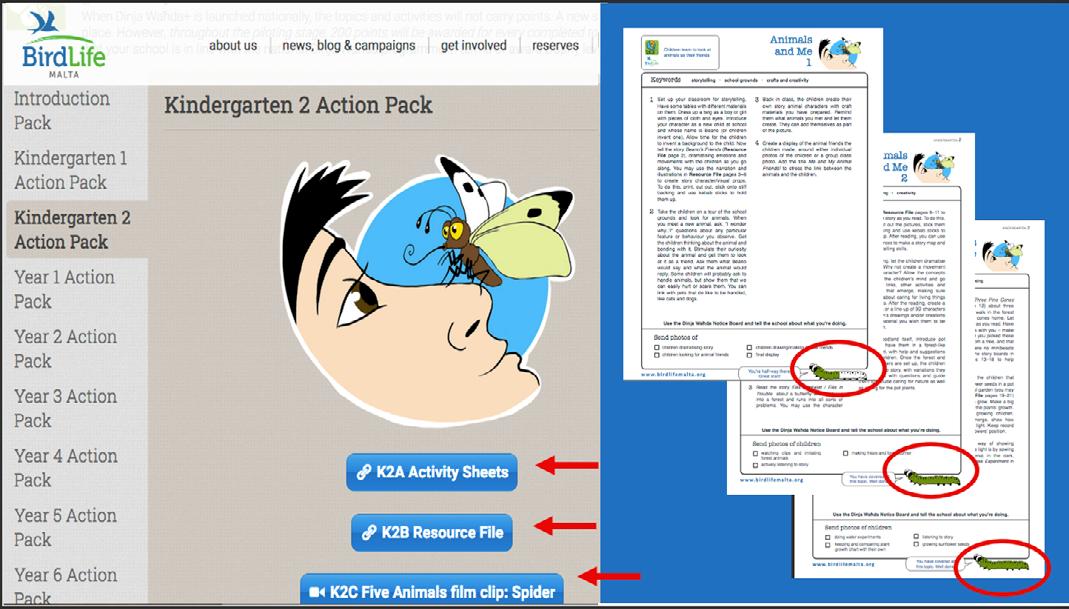
42 activities...
The 42 activities in the new Action Guide are now divided into specific year groups, with each set of activities designed for that particular age group. Activities are also matched with curriculum requirements to support teachers in integrating the topics into their syllabus. Being totally online, activities can easily be added or replaced.
Each set of activities is supplied with a wealth of resources: slide features about local flora and fauna, illustrated info sheets, animal sound clips, short film clips, photos, hands-on action tips for teachers and students. Resources are bespoke for the Dinja Waħda+ programme and based on Maltese nature.
The activities in Dinja Waħda+ are no longer stand-alone. We created two or three activities and grouped them into topics to be carried out together. In each topic children and teachers take some form of action for nature. Through this we are aiming to equip children with the skills and positive attitude they will need to tackle the environmental crises we are facing. The Dinja Waħda+ philosophy is to connect with, learn about, enjoy, and help nature.
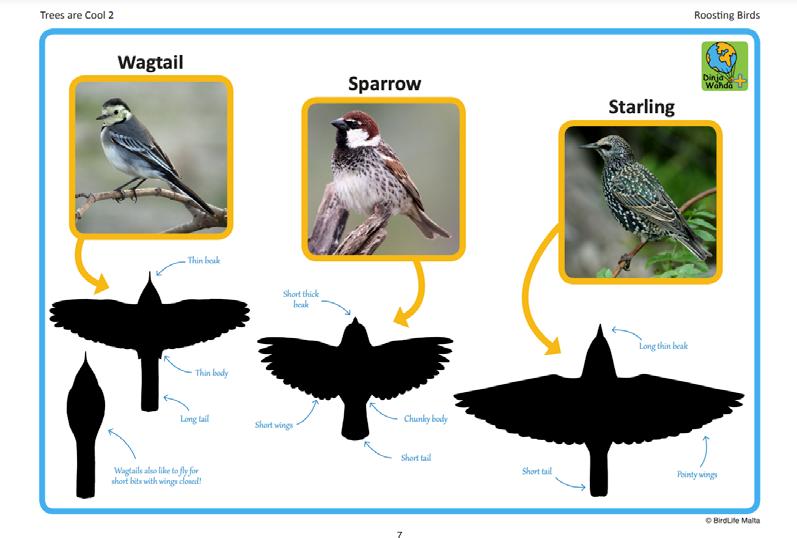
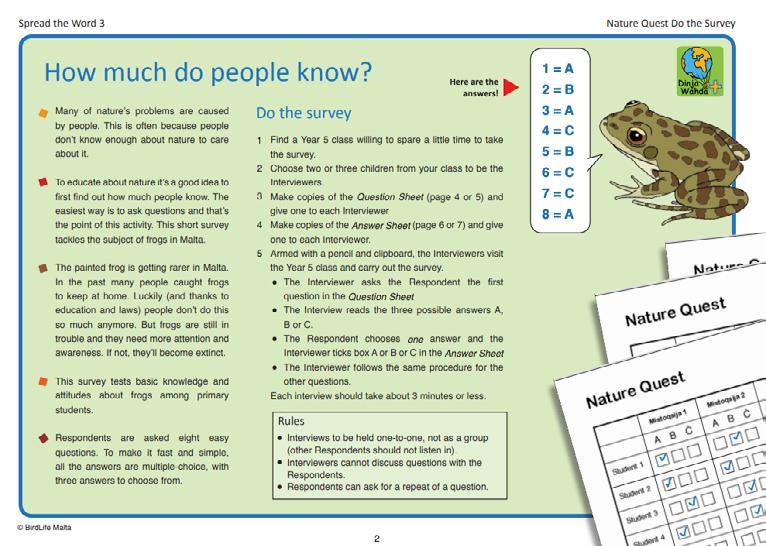
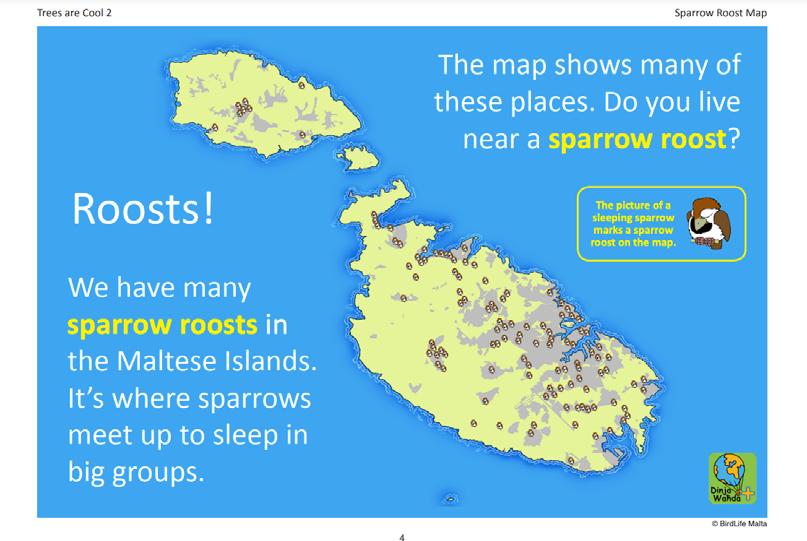
Desirée Falzon Action For Nature...
